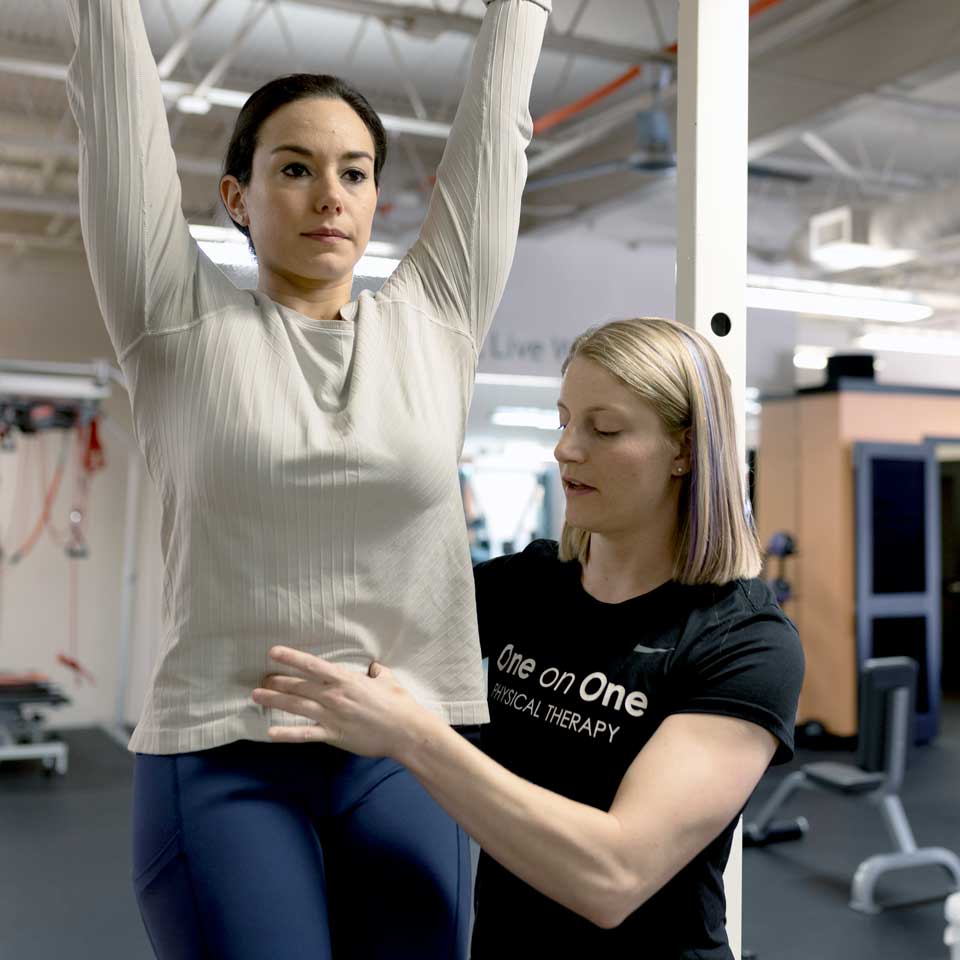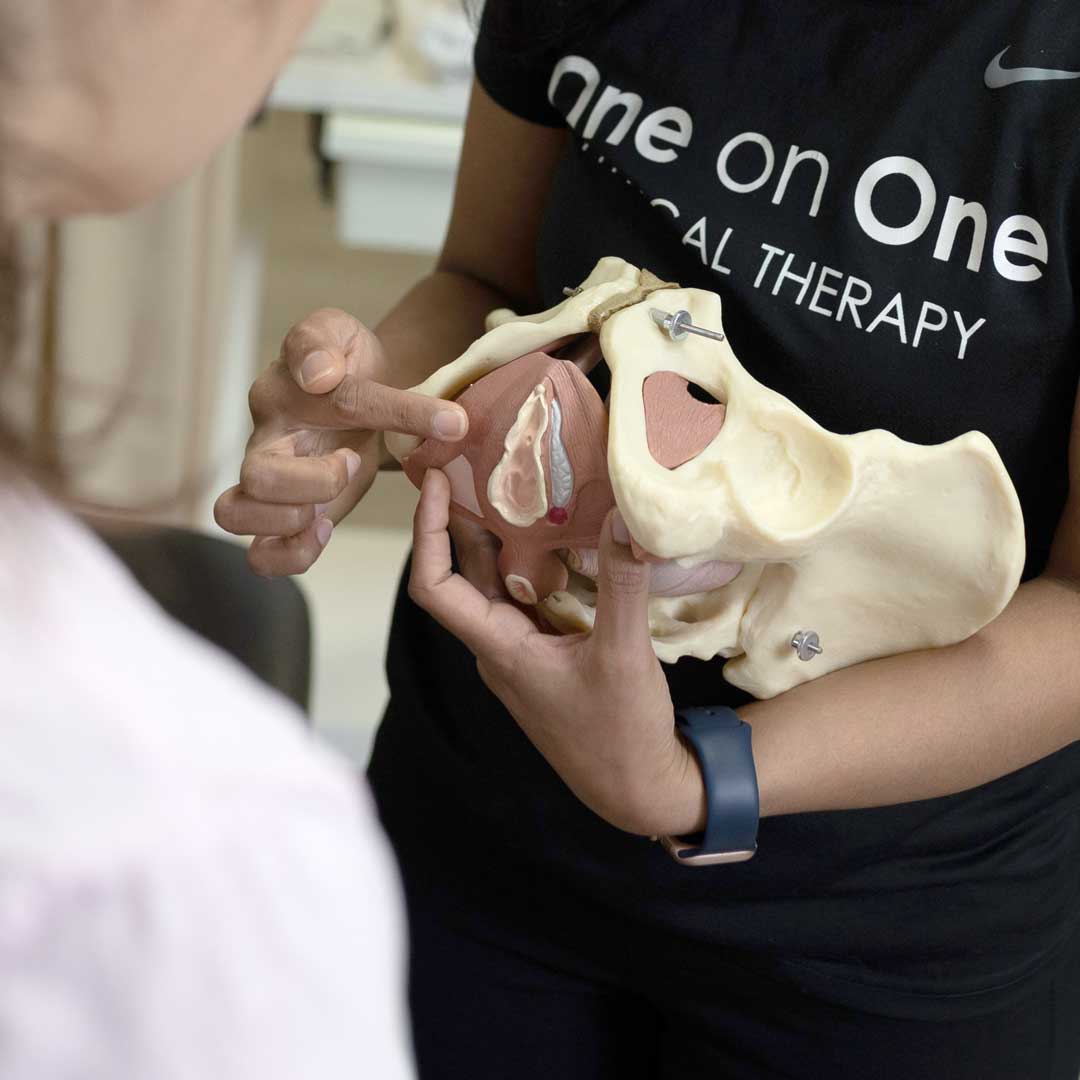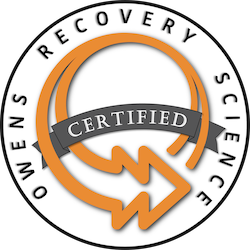Pelvic Pain: Comprehensive Physical Therapy Solutions
Pelvic pain can occur for a number of reasons, and it can be both limiting and, for some, even a bit embarrassing. It can hinder your daily life and prevent you from doing some of the activities you love. Fortunately, physical therapy for pelvic pain can help ease your symptoms of pelvic dysfunction and strengthen your pelvic floor muscles to prevent future problems. If you are experiencing pelvic pain, contact One on One Physical Therapy today to find relief!

Benefits of Pelvic Floor Rehabilitation
The muscles, tendons, and ligaments that comprise the pelvic floor serve an extremely important purpose, as they support the core of your body. One of our highly trained Atlanta physical therapists can help relieve your pelvic pain, improve your flexibility, and increase your overall functionality.
The treatments involved in your pelvic floor rehabilitation plan will depend on the results of your initial assessment. Your injury or condition will be evaluated during a physical examination, and then a qualified physical therapist will form a treatment plan that addresses your specific needs. This typically includes several forms of exercise and massage to reduce pain, lessen symptoms, and potentially heal your condition.

Women’s Pelvic Pain
Specialized Physical Therapy
How Does Physical Therapy Help Pelvic Pain?
Physical therapy treatments, such as pelvic floor rehabilitation, have been proven to treat a variety of conditions resulting in pelvic pain. Here are some of the most common pelvic conditions that physical therapy treats:
Additional Conditions Treated by Pelvic Floor Rehabilitation
While these are just a few of the most common conditions of pelvic dysfunction that can be treated with physical therapy, there are many other pelvic conditions that PT treatments can relieve. For example, painful intercourse and infertility problems may also be improved with pelvic therapy. Less common conditions treated include pelvic organ prolapse, dyspareunia, and diastasis recti.
What to Expect with Pelvic Floor Physical Therapy
This specific form of physical therapy works on strengthening the muscles, tendons, and ligaments of the pelvic floor. When muscles in the pelvic area become tight or weak, your daily life can be greatly affected. One of our dedicated Atlanta physical therapists will evaluate your medical history and provide a musculoskeletal examination to determine the specific type of treatment you’ll need. This may include proactive and/or preventative treatments. Some common techniques used during pelvic floor rehabilitation include:
Get Started with Physical Therapy Today
There is no reason for you to live in pain any longer. Contact our Atlanta physical therapy office today for more information and to schedule your initial consultation. Our experienced physical therapists are ready to help you start on the path to long-lasting pain relief. At One on One Physical Therapy, we are committed to providing the highest quality care to help you regain your comfort and functionality.
